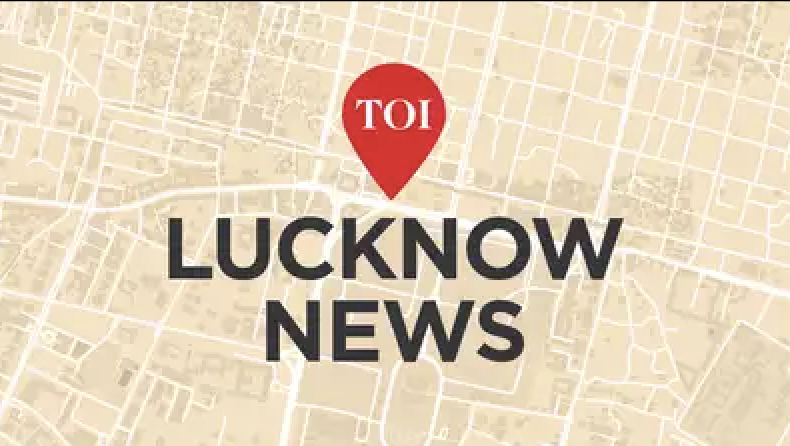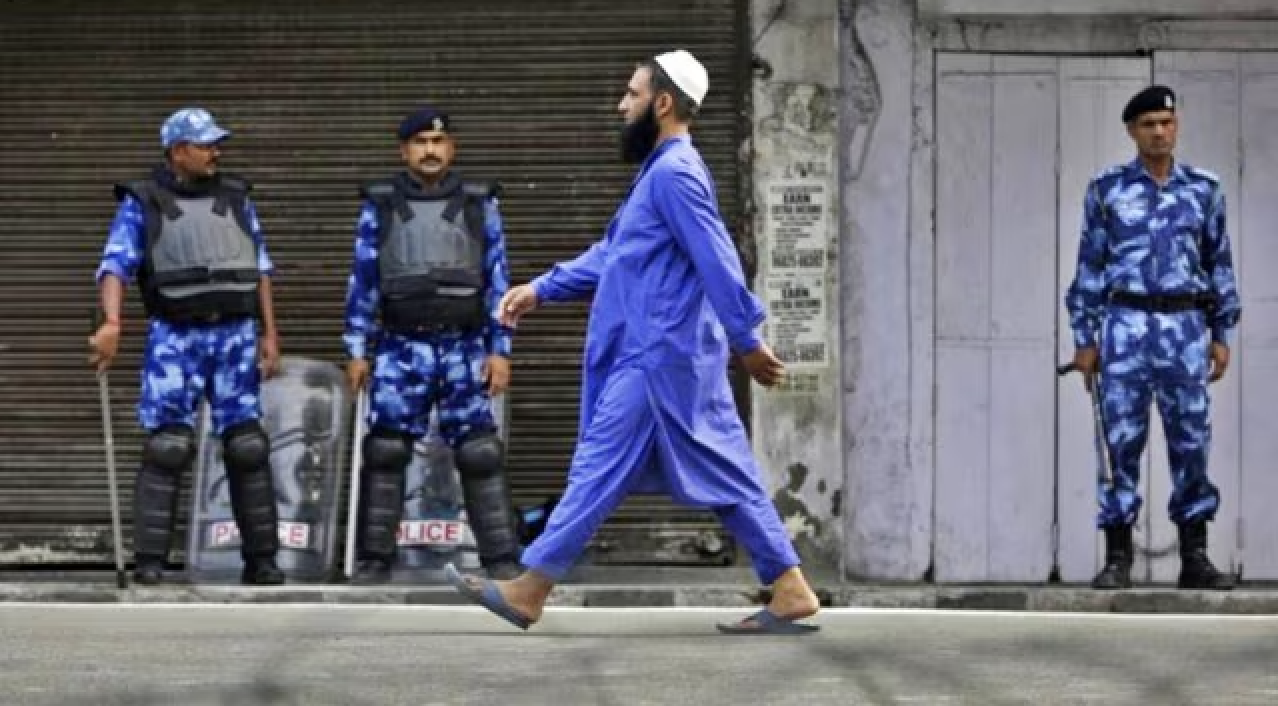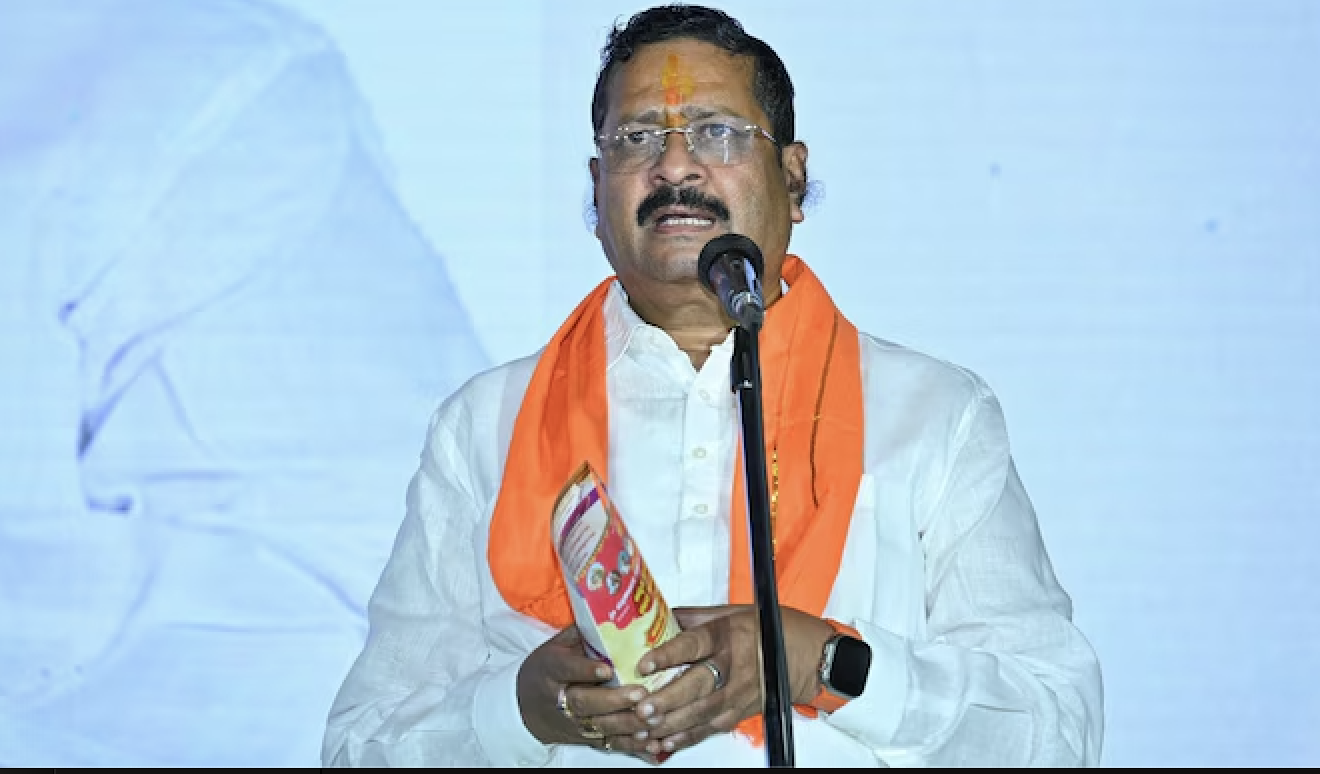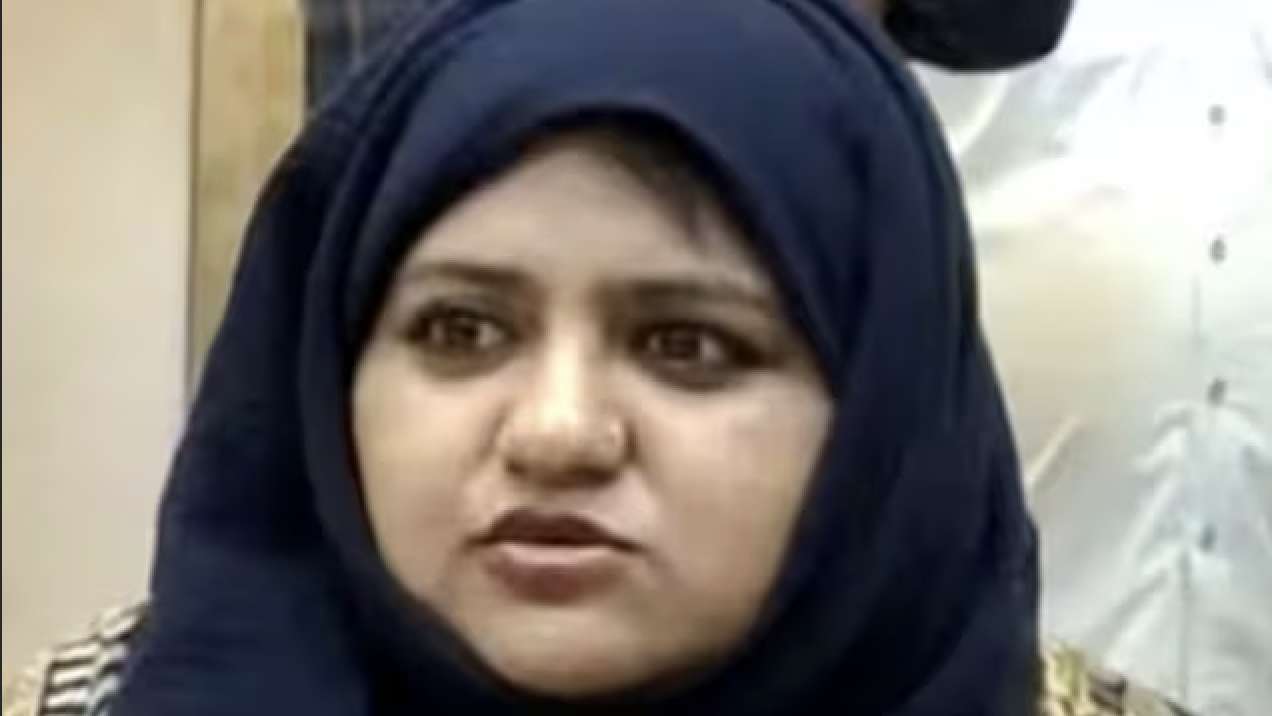
By Hamza Khan / Indian Express
IN A BID to contain the spate of communal incidents in the state, beginning with Karauli in April, the Rajasthan Police has taken action against over 4,600 people over the past 15 days, including those who are ‘suspected’ to be involved in such cases.
Between May 4 and 18, as part of a special drive called ‘Operation Shikanja’, police arrested 90 people against whom cases related to communal violence were registered in the past and their arrest was pending. The other 4,582, against whom “preventive action” has been taken, are known to “commit communal disharmony” or there is “reasonable apprehension” that they may do so.
These 4,582 have been identified on the basis of a previous chargesheet in such cases, or through their social media posts / public conduct and through intelligence gathering.
Once this drive ends, the Rajasthan Police will launch another exercise aimed at improving law and order in the state, beginning May 20.
An official said that of the 4,582 people facing action, Section 107 of the CrPC has been invoked against 1,035 people, while 3,110 are facing action under CrPC 108. “Police make a complaint under these sections with a magistrate and the magistrate issues a show-cause notice to the person concerned… A magistrate may proceed in any of three ways: that the case is not made out; second, that while the case is being tried, the person may be put on paband (restricted) as an interim order; and third, that a case is made out against the person.”
Most such cases go the second way, where action is taken under CrPC 116 (3) where the magistrate may direct a person to execute a bond, with or without sureties, promising to keep the peace or maintain good behaviour until the conclusion of the inquiry, subject to certain conditions. When a case is made out by a magistrate, the person has to execute a bond. If the person still indulges in ‘bad behaviour’, it may lead to his imprisonment.
In Rajasthan, CrPC section 122 has been invoked against 8 persons, while 358 persons have been taken into preventive arrest under CrPC 151. Rajasthan Prevention of Anti-Social Activities Act has also been invoked against one person in Ajmer, while miscellaneous cases account for 70 other instances, taking the total to 4,582 persons, excluding those arrested.
An official linked the special drive to what happened during the pandemic, terming it “symptomatic”. “What happens when Covid cases increase? You make masks mandatory in public places, ensure social distancing and follow Covid appropriate behaviour, etc.,” the officer said. Similarly, when communal cases rise, police have to go for measures to check them, the official said.
Communal clashes had erupted in Karauli following alleged stone-pelting at a motorcycle rally passing through a Muslim-dominated area on Hindu New Year day on April 2.
Then, on May 2, a day ahead of Eid, curfew was imposed and Internet services barred in Jodhpur after violence following flags on the bust of a freedom fighter. Three days later, Bhilwara saw communal tension, leading to the suspension of Internet services. On May 10 again, Bhilwara again saw a communal eruption, followed by an incident in Hanumangarh the day after.
The Rajasthan Police had formed a six-member special investigation team (SIT), led by Additional Director General (Vigilance), to probe into the cases on May 6. It has to submit its report in a month.
The Congress and BJP have been trading charges over the communal incidents. Since the Karauli incident, Chief Minister Ashok Gehlot has mentioned it at least on 11 occasions. On May 1, he said: “What happened in Karauli was an experiment which was replicated on Ram Navami in seven states, which led to riots and then the bulldozers came.”
The BJP has countered by accusing Gehlot of “appeasement”. “In their (the Congress) agenda, the majority Hindus are not included,” BJP state chief Satish Poonia said.
This article first appeared on indianexpress.com






